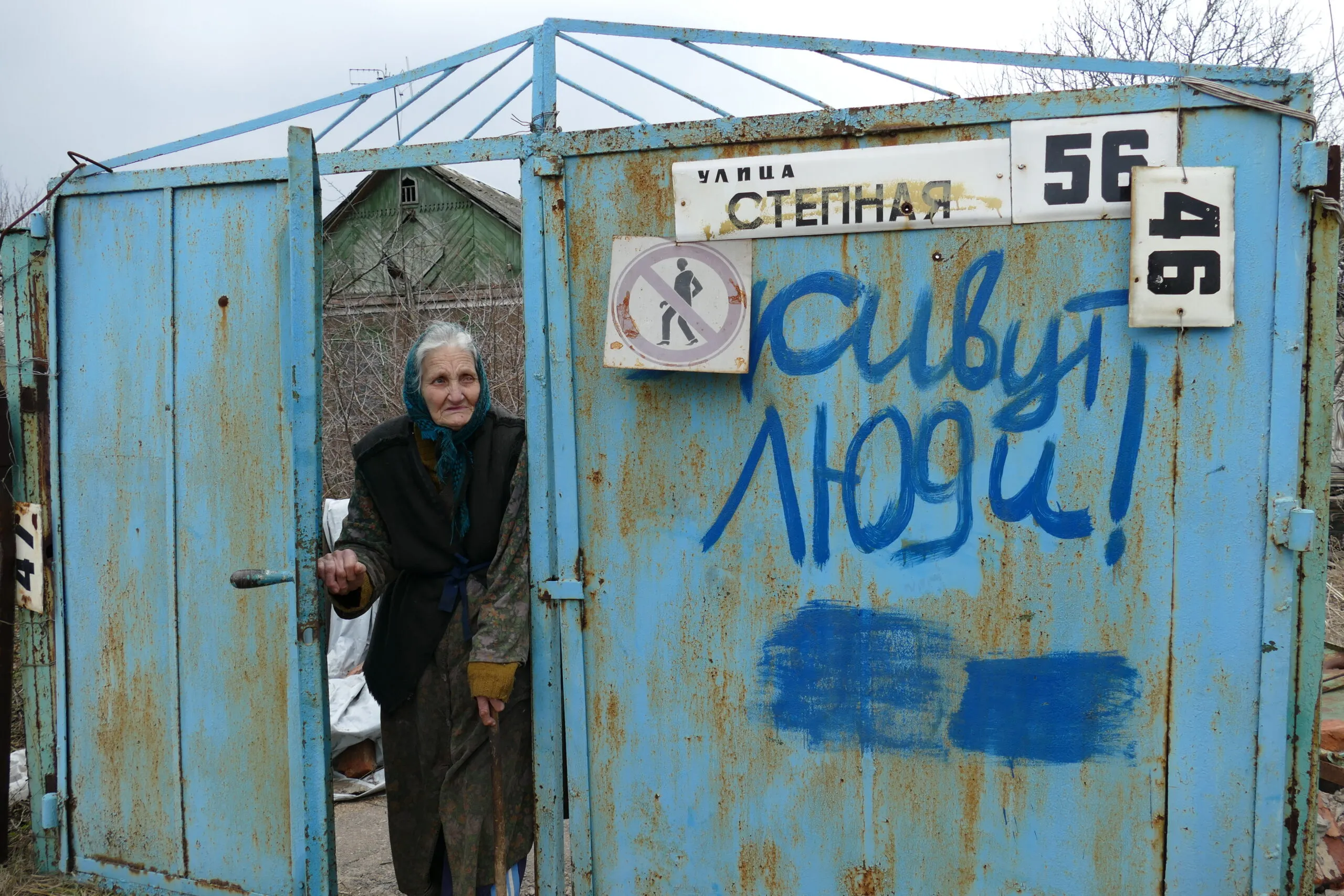Statement From Fabrice Martin, Country Director, CARE Ukraine
Elderly people make up a quarter of Ukraine’s population. A recent report compiled by U.N. human rights monitors revealed that about a third of the civilians killed in the first year of the Russia-Ukraine war were over 60 years old.
CARE Ukraine pays special attention to this age group in its emergency response programs. We have seen time and time again that older people are unable or unwilling to leave conflict-affected areas. Unfortunately, this puts them at risk and in forced accommodation in dilapidated homes and unsafe living conditions.
Once in the war zone, they face many challenges, including losing access to vital medicines, food, and other resources. Civilian infrastructure in these regions is often destroyed. People are forced to live without quality drinking water, electricity, gas, and communication. Due to their limited mobility, they often spend months in their own cellars, which exacerbates chronic diseases and deaths. The situation is even worse in non-government-controlled areas, as access to humanitarian aid is limited there.
Outside of the war zone, elderly people still have trouble purchasing basic food and medicine. This is also one of the reasons why they choose to stay in their homes, even in the most dangerous areas. They know they cannot afford to rent an apartment elsewhere, resulting in thousands being forced to live in overcrowded state institutions.
With the support of our partners, CARE is working to address these issues by providing collective centers with food and hygiene items, restoring destroyed infrastructure, helping to evacuate people with limited mobility, and supporting pensioners with financial assistance. In just over a year, CARE has helped more than 110,000 people over the age of 60 in Ukraine.
However, the need to care for the elderly will only increase in the future.
For media inquiries please contact Anisa Husain, CARE US Press Officer at anisa.husain@care.org

